The system fails bright pupils from ordinary backgrounds. And here’s how we all lose ...
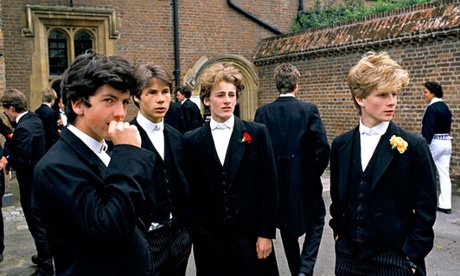
Let’s call him Matt. Aged 16, he is tall, taciturn and highly talented. He goes to a state school and is about to choose his A-levels. For all kinds of reasons, he believes he should progress, via Oxbridge or the Ivy League, to become an aerospace engineer.
So should he do further maths? If maths is the new rock’n’roll in education, then further maths is a VIP enclosure that fewer than 15,000 young people a year get into.
Last week, I had the chance to put this question to the deputy head of a top private school. “By all means do further maths, but only if you are guaranteed to get an A,” came the answer, as if it were a no-brainer. It was advice born out of years of practical knowledge.
Other opinions are available of course – and that’s the problem. This year, a quarter of a million 16-year-olds will make their A-level choices relying on hearsay, myth and information that is outdated or uncheckable. Those choices will shape their options when it comes to university – and the courses they apply for will then shape their chances of getting in.
There is, in short, massive asymmetry of information in the post-16 education system and the critical determinant is class. Kids at private school can rely on schools that have continual informal contact with elite universities. The result is that – for all the hard work being done by outreach teams in Russell Group universities, and by access teams in state schools – there’s an inbuilt advantage among those going to private schools based on informal knowledge.
Last year’s results for further maths demonstrate the problem. In English state schools, further education and sixth-form colleges, about 11,100 young people sat the exam; in the private sector, which accounts for just 7% of the school population, 3,600 sat it. And private school results were better, with 69% getting A or A* versus 54% in state schools.
Government tables show that this achievement gap is even more pronounced for ordinary maths and the three main science subjects. There are numerous private websites that offer A-level advice, and anecdotally social media are abuzz with the wisdom of teenage crowds over course and subject choices.
But why isn’t there a central repository of information that would turn all this folkore into a level playing field of checkable knowledge? Why isn’t there a single, open-source database that models all specific pathways into higher education? Without it, state school students will always find it hard to win the inside-knowledge game.
At my old university, Sheffield, they told me that you need maths and physics as part of three A grades to study aerospace engineering. That’s in line with the Russell Group’s guide, which also tells you to add design/technology, computer science or further maths.
The admissions tutor of an Oxbridge college, however, tells me: “I think here they’d be worried about no further maths, especially if it was offered at school but they didn’t take it, though I do worry that we send out mixed messages about this.”
The knowledge asymmetries deepen once you realise that elite universities require additional, bespoke tests. Cambridge University’s website reveals that if you want to do engineering at Christ’s, Peterhouse or St John’s you might need to take an extra exam called Step.
In a cantankerous, unsigned diatribe, the Step chief examiner for 2014 complains that only 3.8% of applicants scored top marks. The majority were not prepared for the kind of thinking they had to do. “Curve-sketching skills were weak,” the examiner noted, together with “an unwillingness to be imaginative and creative, allied with a lack of thoroughness and attention to detail”.
I will wager that the people who scored top marks knew that their curves had to look like Leonardo da Vinci’s and that they had to demonstrate imagination and creativity – because their teachers had long experience of this exam, and the others had not. One Oxbridge admissions tutor admitted to me that such testing may add a further barrier to people from state schools.
Suppose Matt wants to go to Oxbridge more than he wants to be an aerospace engineer? Here the advice is – for those in the know – really clear. Don’t apply for the most popular courses, where there can be 12 people for every place. Work out the college and subject combinations that reduce the odds to just three or four to one.
Oxford’s website shows the success ratio for getting on to its popular engineering and economic management course is just 10%, while the success rate of applications for materials science is 42%. A senior administrator at Oxford told me that they suspected few state school teachers really understand this game of playing the ratios. State-school students and people from ethnic minorities crowd each other out by going for the same, obvious, high-ratio and vocational courses.
Why should this matter to the majority of young people, who do not aspire to go to an elite university? And to the rest of society? First, because it is creating needless inequality of opportunity and is just the most obvious example of how poor access to informal knowledge penalises state school kids. Second, because in an economy set to be dominated by information and technology, those 15,000 people who can attempt further maths each year are the equivalent of Aztec gold for the conquistadores. Their intelligence will be the raw material of the third industrial revolution.
There is no reason – other than maintaining privilege – to avoid presenting subject and course choices clearly, logically and transparently. When the system fails bright kids from non-privileged backgrounds, we all lose.
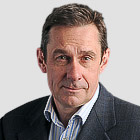
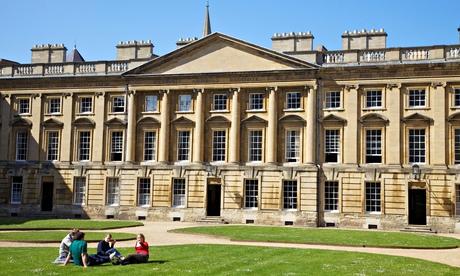
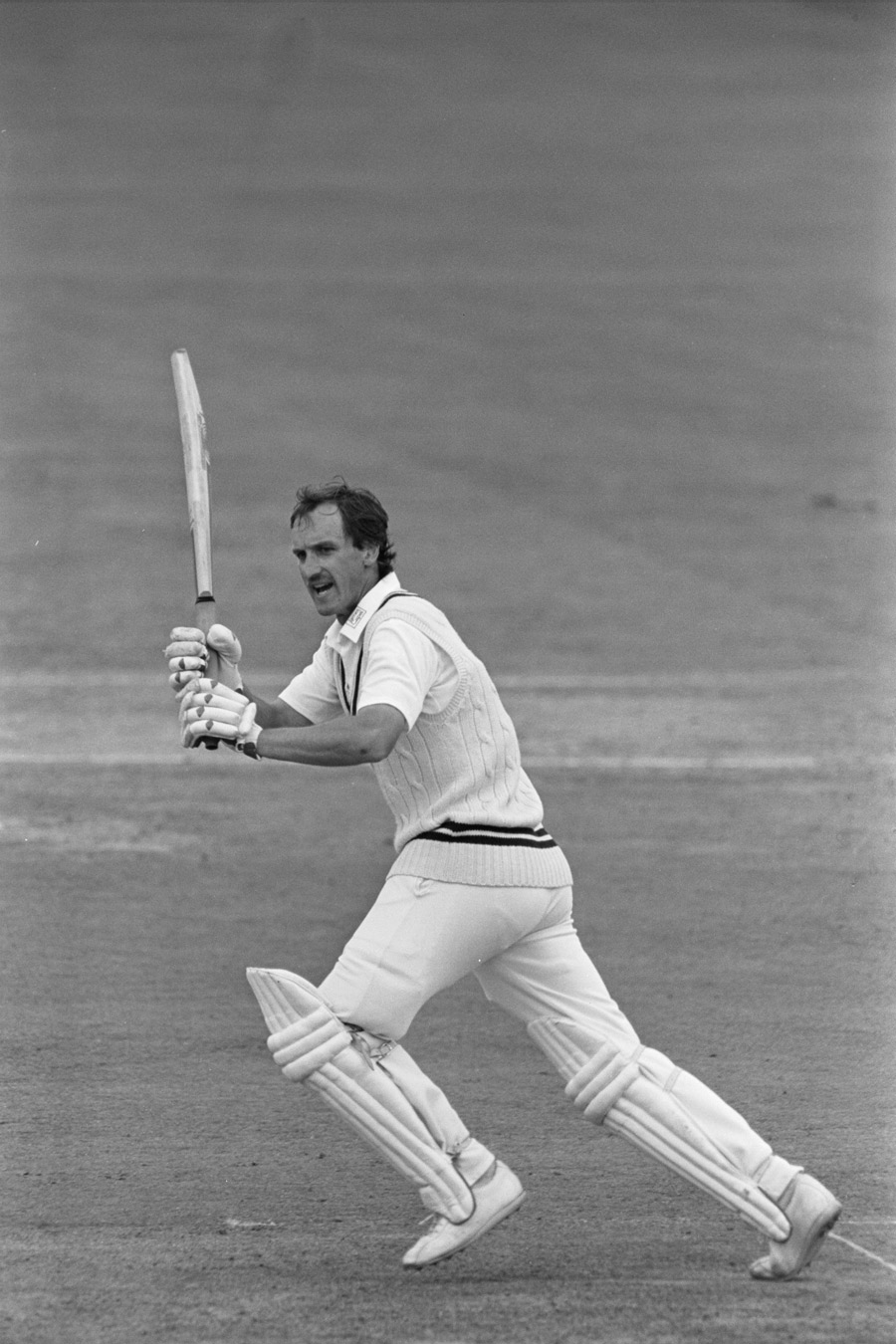
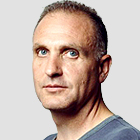
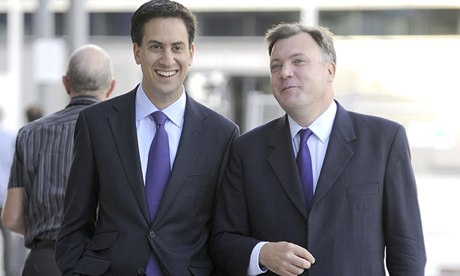
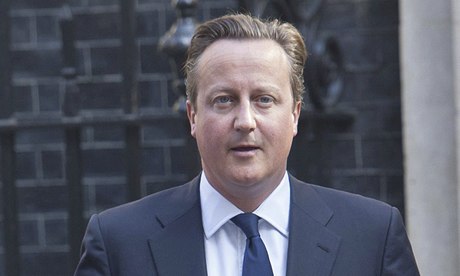


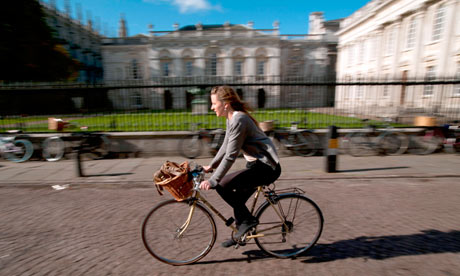


(This is to ignore the fact that if many applicants seek to play the numbers game then any perceived advantage will cease to exist and an applicant would have been better off applying to a college with a high number of applicants to places which, in the next year, will have fewer)
As with other guides for Oxbridge entrance, this one seems to have no basis in experience of what actually occurs. Having read all the books on the market, NONE of them give an accurate portrayal of the decision-making process.
As for the idea that schools have relationships with Colleges - this is at least twenty years out of date. The only schools which have an advantage are those which do not produce the bland pro forma references for applicants. Such references are entirely worthless.
This article isn't worth the server space it is hosted on.
Due to the pooling system, any attempts to 'play the game' when choosing colleges won't work.
The best advice? If you're good enough for Cambridge, apply to either a college that you really like, or a college with a good reputation in the pool.
Another New Hall friend of mine applied there because she actually likes the place. She is a very happy and active member of the college.
When I applied, I did all those stats for college, like the above article. My school teacher wanted to apply a certain college that I was not keen about, because he knows someone there. At the end, I didn't use these tricks. It's not just the 'getting-in Cambridge' part that is important; it's the 'three-years at Cambridge' part that is. So I went for the one I really liked and got in. It felt great to know that I got in because of my abilities, not what kind of tricks I used.
What happened? I got there on interview day to discover there was only one place on offer that year, and fourteen applicants for it... I wasn't the only one to have done the math and tried to game the system.
Yes, I got the place. But I hated the course and ended up switching to something else after just two weeks - arguably I would have been much better off at a bigger, less cliquey college.
I'd recommend you pick a subject you feel passionate about, that you've properly researched, at a college you feel most comfortable at.
To sum up, I believed those who do have the potential to be an oxbridge should just choose whichever they like. This article is quite futile and there is very little point to believe in what it says. TO THOSE WHO WANT TO APPLY OXBRIDGE: Just shows those interviewers that you are an interested person. BE YOURSELF.
The real star would always shine through the crowds.
My advice to anyone wanting to apply then, would be to do so, and to ignore all this nonsense. Picking a course and a college should be down to passion and gut feeling. Go to an open day, find a place you like, and apply. There is nothing to gain by trying to cheat the system, and ultimately, you'll only be cheating yourself out of what you want the most.
And it's Queens' with the apostrophe after the 's'. An apostrophe before the 's' is Oxford's Queen's College.
Moreover, as a Cambridge student myself, I should stress that choosing your college by what's least competitive is potentially foolish. Despite what you may have heard, not all colleges will suit everyone perfectly: there are many variances between colleges, including the Fellows' areas of expertise; you have to do your research to find out what (and who) suits you.
And anyway, who wants to spend three years of their lives at a college they chose because it seemed easier to get into? Where's the integrity in deliberately not going for what you feel is the best?
Another person selling his take on the supposedly secret knowledge behind getting to Oxbridge.
The reason why it more candidates get in to do history than social sciences may be that history is undersubscribed. Or it may be that the people applying to do history really want to do history and have got good scores at the right A levels. A bright student who is perfect for economics isnt magically going to improve her chances by applying to do history, if she has no interest in history and cant show a spark.
Improve your chances? go to the open days yourself (not your mum), talk to the tutors, do the A levels they tell you to do and learn to love your subject.
And dont waste any of your hard earned cash on any course that promises to sell you insider knowledge.